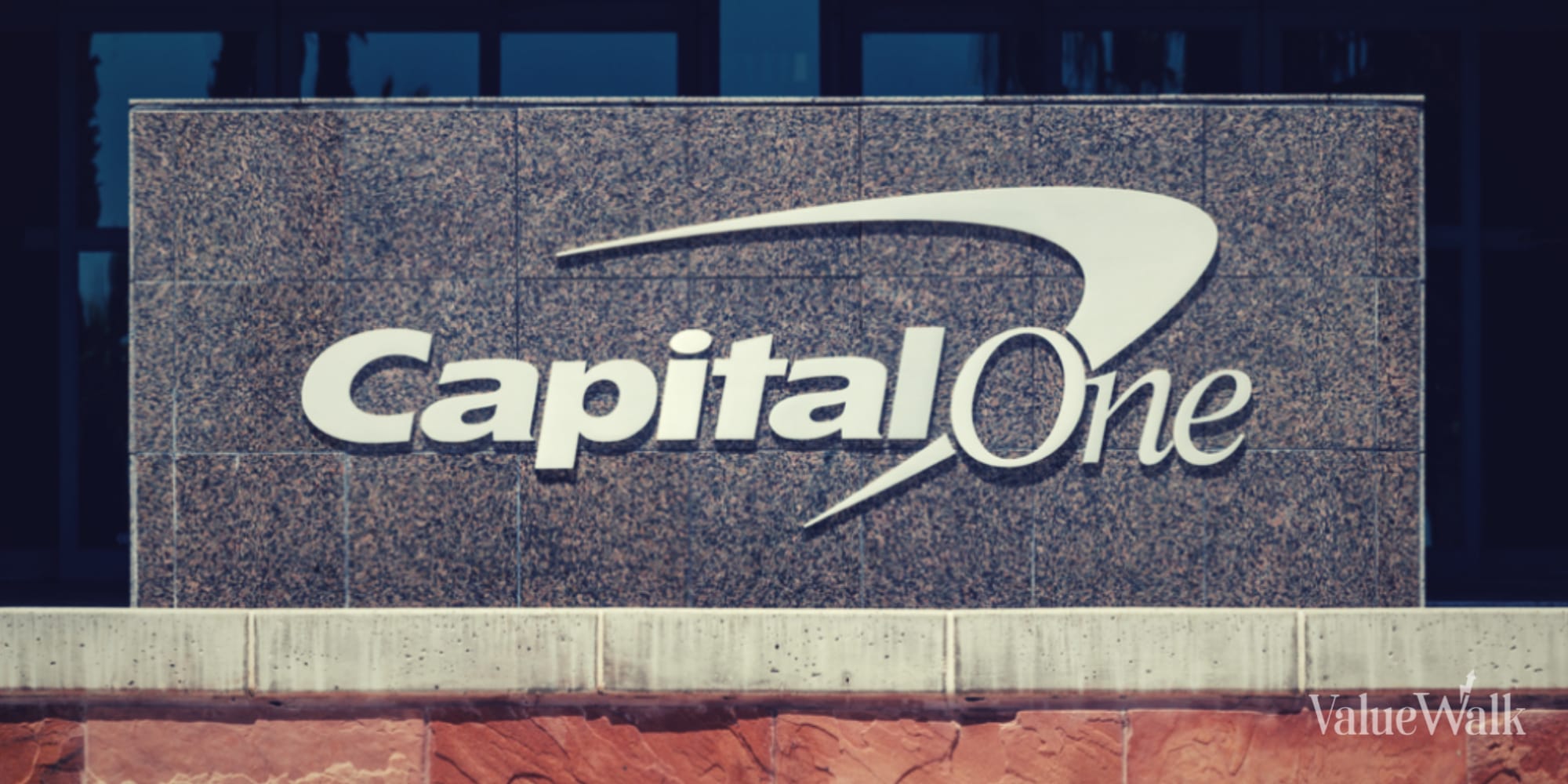The stock markets got a jolt on Tuesday after Capital One Financial (NYSE:COF), one of the largest banks in the country, announced that it has agreed to buy Discover Financial (NYSE:DFS), one of just four major payment-processing companies. Valued at $35 billion, it is the biggest deal to hit the credit/debit card sector.
Of course, the deal is subject to regulatory approvals, but if it does move forward, it could have a major impact on the industry in the years ahead.
Discover’s stock price soared on the news, rising about 14% on Tuesday to $126 per share. Capital One was relatively flat on the day, holding at around $138 per share.
A singular opportunity
To understand the impact of this potential deal, it helps to know how these two companies are different and where they intersect.
Capital One is the ninth-largest bank in the country with about $476 billion in assets, but it is primarily known as one of the largest credit-card issuers in the nation. The bulk of its revenue comes from credit cards, as opposed to other types of banking services. As an issuer, it is a lender for credit cards on the networks of two major credit-card companies, Visa (NYSE:V) and Mastercard (NYSE:MA).
Discover is also a bank, albeit much smaller, with about $149 billion in assets. While it offers consumer-banking services, it makes most of its revenue as a credit-card issuer and processor. Discover is one of four major companies, along with Visa, Mastercard, and American Express (NYSE:AXP), that has its own credit-card network. However, like American Express, Discover has a closed-loop network, meaning it issues the cards, lends the money, processes the charges, and collects the interest and fees, all within its own credit network.
This all-stock deal valued at $35.3 billion would result in Capital One shareholders owning approximately 60% of the company and Discover shareholders owning about 40%.
“Our acquisition of Discover is a singular opportunity to bring together two very successful companies with complementary capabilities and franchises and to build a payments network that can compete with the largest payments networks and payments companies,” said Richard Fairbank, founder, chairman and CEO of Capital One.
Lots of questions
In a video message released on Monday, Fairbank called Discover a “valuable and rare asset” that accelerates Capital One’s “long journey to work directly with merchants.” He also said that it will “add scale” to Discover’s global network of 70 million merchant acceptance points in 200 countries.
While the synergies are certainly there, it is not entirely clear yet how these two companies will come together. It appears Capital One will continue to issue cards in partnership with the Visa and Mastercard networks — in addition to bolstering the Discover network.
According to Reuters, a Mastercard spokesperson said the partnership with Capital One is expected to “continue for the long term.” Visa could not be reached for comment by Reuters, and both companies recently re-upped their agreements with Capital One.
“It’s not unusual for companies to be both competitors and customers of one another, and we don’t see this as an issue,” Fairbank added in the Reuters piece.
A big deal
For both of these companies, the opportunities here seem abundant. The combined company would create the sixth-largest bank in the U.S. with more than $625 billion in assets. As for Discover, the deal could be transformative in the credit-card space. It is currently a distant fourth place out of four, but with Capital One’s added scale and reach, it could become a major player. Both Mastercard and Visa stocks traded lower on Tuesday.
The combined company is also expected to generate $1.5 billion in expense synergies in 2027 and $1.2 billion in network synergies in that same year. Further, it is anticipated to be more than 15% accretive to adjusted earnings per share in 2027.
The companies are confident in getting the necessary approvals and anticipate a late-2024 or early-2025 closing. That is certainly not a slam dunk, as many analysts say the deal should face intense scrutiny from regulators, who are concerned with large bank mergers in general as well as antitrust issues.
There is still a long way to go for this to become a reality, and many questions must still be answered. However, the initial takeaway is that this could be a big deal — in more ways than one. Definitely stay tuned.












